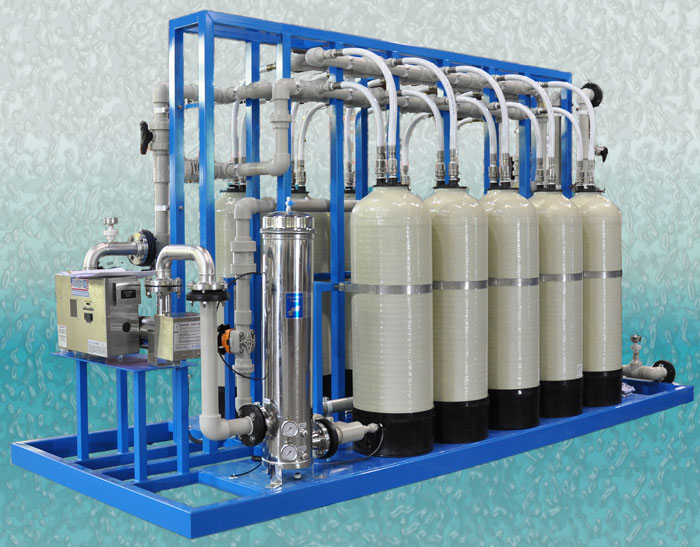Water Softening plant In Bangalore

Contact No : +919945677068
Water softening plants are essential components of water treatment systems designed to remove hardness minerals, primarily calcium and magnesium ions, from water. These minerals can cause scaling and buildup in plumbing fixtures, appliances, and industrial equipment, leading to decreased efficiency, increased maintenance costs, and reduced lifespan. Water softening plants employ ion exchange resins or lime softening processes to replace the calcium and magnesium ions with sodium ions, effectively reducing the hardness of the water. This process prevents scale formation and produces softened water that is gentler on skin, extends the life of plumbing systems and appliances, and enhances the effectiveness of soaps and detergents.
In residential applications, water softening plants are commonly used to improve the quality of tap water, providing homeowners with soft water for bathing, cleaning, and household chores. Softened water not only feels smoother on the skin and hair but also reduces the need for excessive soap and detergent usage, leading to cost savings and environmental benefits. Additionally, in commercial and industrial settings such as hotels, laundries, and manufacturing facilities, water softening plants play a vital role in maintaining operational efficiency and product quality. By preventing scale buildup in boilers, cooling towers, and processing equipment, these plants ensure optimal performance, reduce energy consumption, and prolong the lifespan of critical infrastructure.
The design and capacity of water softening plants vary depending on factors such as water hardness levels, flow rates, and application requirements. Modern water softening systems often feature automated controls, regeneration cycles, and advanced monitoring technologies to optimize performance and minimize operational costs. Additionally, some water softening plants may incorporate pre-treatment processes such as filtration or reverse osmosis to remove other contaminants and impurities from the water before softening. With their ability to produce high-quality softened water reliably and efficiently, water softening plants contribute to improved water quality, reduced maintenance costs, and enhanced sustainability in residential, commercial, and industrial settings.
